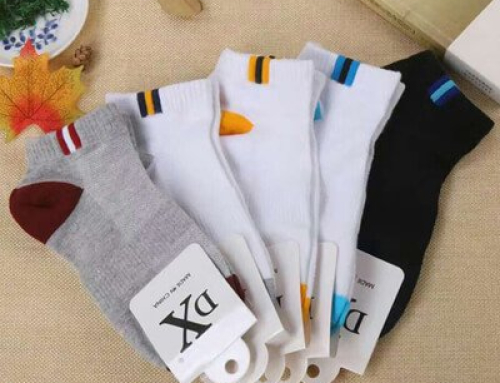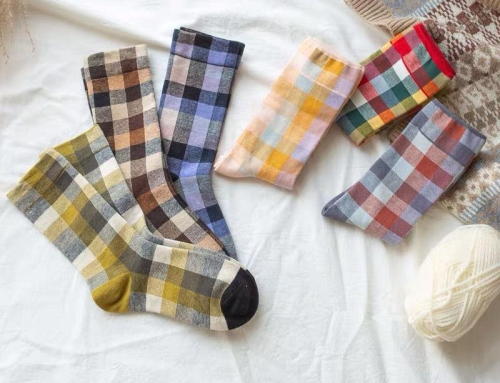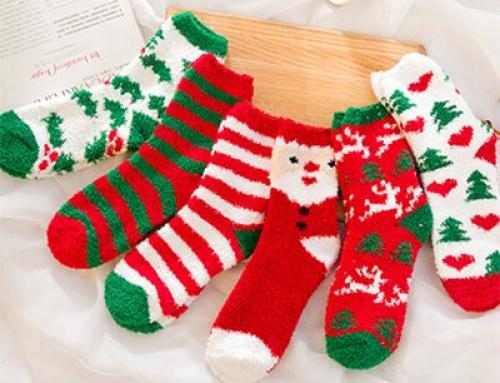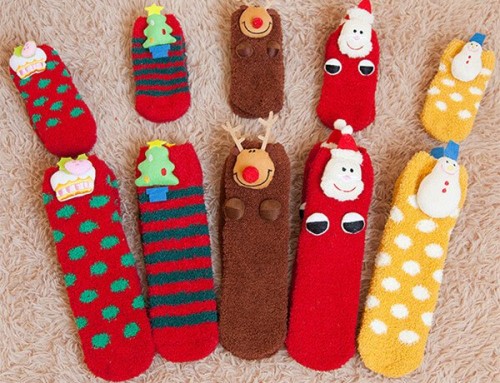The socks manufacturing industry in Denmark is significant. This industry has a long history. It plays a crucial role in the economy. Let’s explore how important it is.
History of Socks Manufacturing in Denmark
The history of socks manufacturing in Denmark dates back many years. Danish artisans are known for their skill. They have been making high-quality socks for centuries.
Early Beginnings
Denmark has a rich textile tradition. Early sock makers used wool from local sheep. They made warm and durable socks.
Modern Developments
In the 20th century, the industry modernized. Factories were built. Machines began to help with production. This made socks more affordable.
Economic Impact
The socks manufacturing industry contributes to Denmark’s economy. It provides jobs and supports other industries.
Job Creation
Many people work in sock factories. There are also jobs in design, marketing, and sales. This industry helps reduce unemployment.
Supporting Other Industries
The socks manufacturing industry supports other businesses. These include wool suppliers, dye makers, and machinery companies. This creates a strong economic network.
Sustainability Efforts
Sustainability is important in Denmark. The socks manufacturing industry is no exception. Many companies are making efforts to be eco-friendly.
Using Sustainable Materials
Many Danish sock makers use sustainable materials. These include organic cotton and recycled fibers. This helps reduce the environmental impact.
Eco-friendly Production Methods
Factories are using green energy. They are also reducing waste. These efforts help make the industry more sustainable.
Quality and Innovation
Danish socks are known for their quality. Innovation is also a key factor in this industry.
High-quality Products
Danish socks are durable and comfortable. They are made with care and attention to detail. This quality makes them popular worldwide.
Innovative Designs
Sock makers in Denmark are creative. They produce unique designs. These include fun patterns and special features. Innovation helps attract customers.
Global Reach
The socks manufacturing industry in Denmark has a global presence. Danish socks are exported to many countries.
Export Markets
Denmark exports socks to Europe, North America, and Asia. This helps bring in foreign revenue. It also promotes Danish culture and craftsmanship.
International Partnerships
Danish sock makers collaborate with international brands. These partnerships help expand their reach. They also foster innovation and growth.
Future Prospects
The future looks bright for the socks manufacturing industry in Denmark. There are many opportunities for growth and development.
Embracing Technology
New technologies are emerging. These include advanced knitting machines and smart textiles. Embracing technology can boost efficiency and creativity.
Expanding Markets
There is potential to enter new markets. Emerging economies are looking for quality products. Danish socks can meet this demand.
Focus On Sustainability
Sustainability will continue to be important. Companies that focus on green practices will succeed. This is good for the planet and business.
Frequently Asked Questions
Why Is Socks Manufacturing Important In Denmark?
The industry boosts Denmark’s economy, providing jobs and supporting local businesses through production and exports.
How Does Denmark’s Climate Affect Socks Demand?
Cold winters increase demand for high-quality, warm socks, making the industry essential for meeting local needs.
What Materials Are Used In Danish Socks?
Danish socks often use wool, cotton, and synthetic blends, known for durability and comfort in cold climates.
Are Danish Socks Eco-friendly?
Many Danish manufacturers focus on sustainable practices, using eco-friendly materials and reducing environmental impact.
Conclusion
The socks manufacturing industry in Denmark is very important. It has a rich history and a strong economic impact. The focus on quality, innovation, and sustainability sets it apart. The future holds many exciting opportunities. This industry will continue to thrive and contribute to Denmark’s success.




